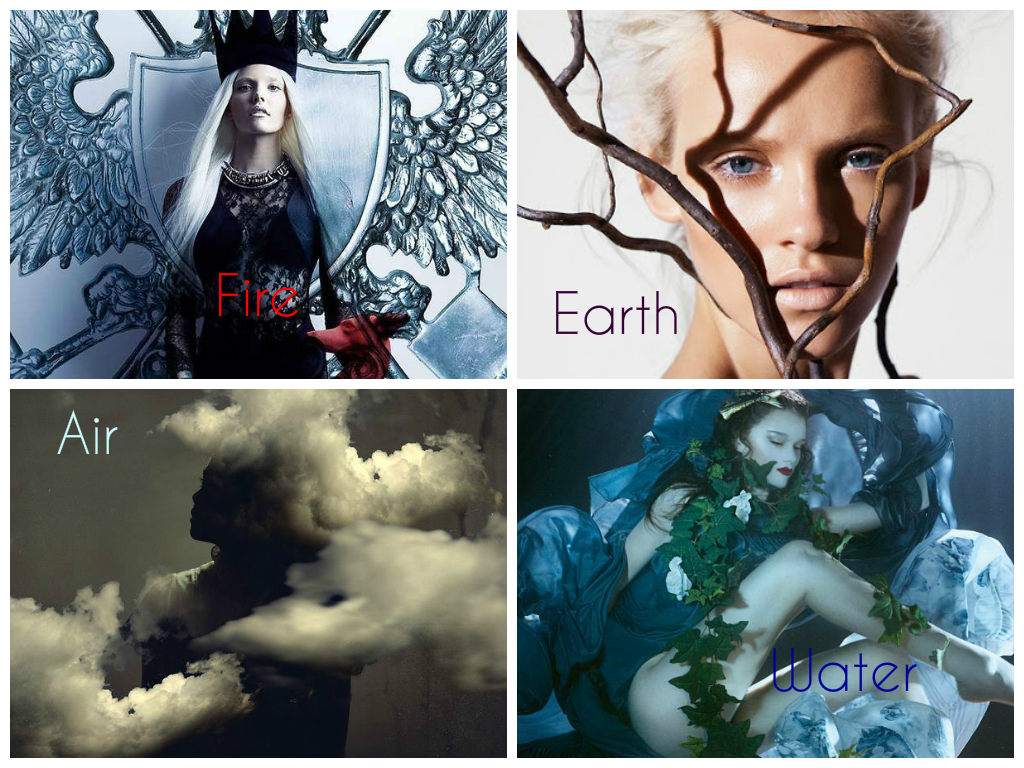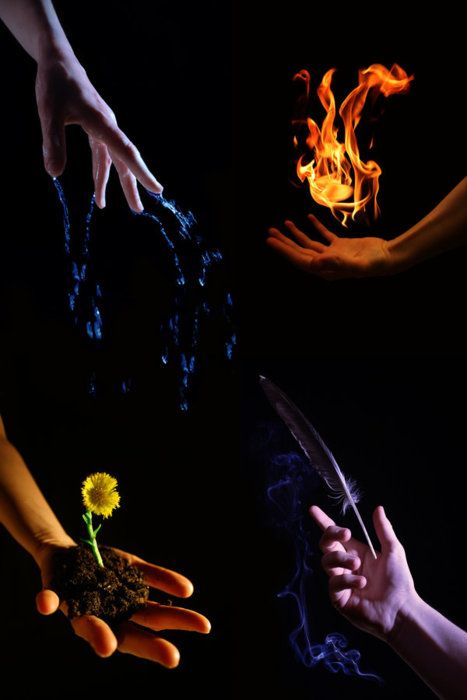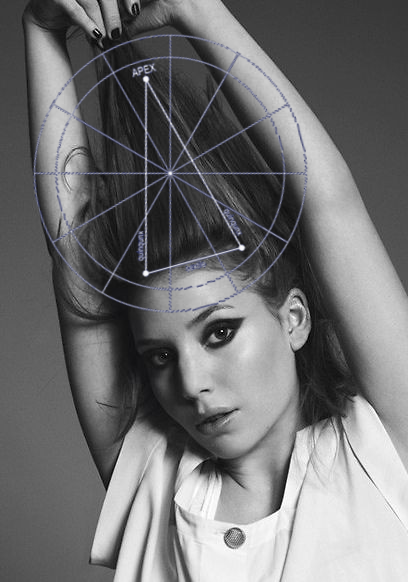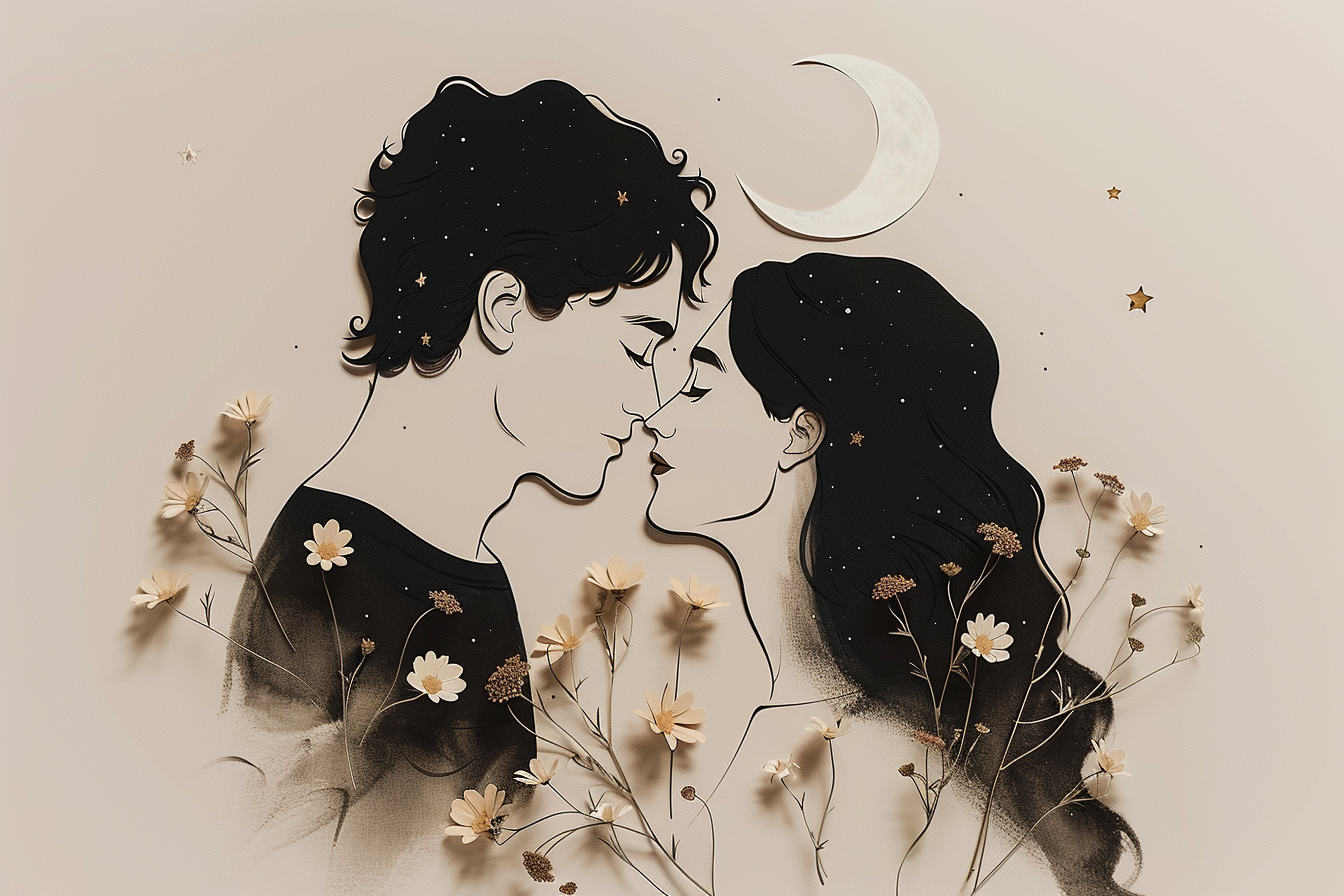
Jungian Typology: The Issue of Typing
 In Marie-Louise von Franz’s book on Jungian typology, it’s a joy for anyone in need of a bit of introspective learning on the four elements. Here, we’re dipping into the elemental waters (pun thoroughly intended) of astrological psychology, feeling both flattered and affronted by the categorization. Typology—Jungian, astrological, or otherwise, delves right into our deeply human need to understand and classify our personality. Let’s be honest: there’s a giddy thrill in reading about one’s “type.” Each page almost feels like a covert confirmation of our hidden quirks, our inner dynamics, our unique (or so we believe) emotional expressions. But we often find ourselves torn between fascination and defensiveness. You want to enjoy the idea that some universal archetype mirrors your inner world while resisting the notion that you’re a predictable “type.” You read a little blurb about “water types” being both moody and mystically insightful and think, Well, that sounds like me, but then another part of you thinks, How dare they put me in a box!
In Marie-Louise von Franz’s book on Jungian typology, it’s a joy for anyone in need of a bit of introspective learning on the four elements. Here, we’re dipping into the elemental waters (pun thoroughly intended) of astrological psychology, feeling both flattered and affronted by the categorization. Typology—Jungian, astrological, or otherwise, delves right into our deeply human need to understand and classify our personality. Let’s be honest: there’s a giddy thrill in reading about one’s “type.” Each page almost feels like a covert confirmation of our hidden quirks, our inner dynamics, our unique (or so we believe) emotional expressions. But we often find ourselves torn between fascination and defensiveness. You want to enjoy the idea that some universal archetype mirrors your inner world while resisting the notion that you’re a predictable “type.” You read a little blurb about “water types” being both moody and mystically insightful and think, Well, that sounds like me, but then another part of you thinks, How dare they put me in a box!
For example, we watery types (Cancer, Scorpio, and Pisces) get slotted as emotional empaths, spiritually saturated yet practically porous. There’s something rather enchanting about this interpretation: like we’re a secret coven with insight into humanity’s hidden depths. But then the insult of being “typed” and told we’re rubbish at “politics” or the so-called “world of ideas”—not that we always disagree, but it’s the principle of the thing, isn’t it?
Von Franz, with her Jungian lens tell us that watery folk dwell in the unfathomable depths, observing ripples of truth. Water, after all, can hold secrets, currents, and the force of life itself, but it can also be stormy and unfathomably sensitive. We’re prone to immersion and intuition, seeking not simply to observe but to absorb. Liz Greene claims that we’re better at seeing through people.
Airy types are tuned to the intellectual ethers, they’re charged by principles, abstracted from immediacy, somewhat detached from emotional feelings. They float where we (water) dive, live in theory where we throb with empathy. The “air” approach to feelings—or their occasional failure to express them as von Franz argues—might come from the sheer vastness of ideas with which they contend. Air types are considering feelings, structuring them, rather than throwing themselves into them. By the time they arrive at an emotion, it’s often polished, perhaps pondered to death. We (water), on the other hand, live the sensation of emotion itself, every wave and undertow, raw and unsorted. It can be quite chaotic, occasionally tragic, but also endlessly rich.
So, here’s the crux: von Franz and Greene give us archetypes, but they’re not shackles. If we’re watery by nature, let’s use it to our advantage, navigating the emotional undercurrents that others skim over. And maybe—just maybe—we can borrow a touch of this airy detachment now and then. Not to change who we are, but to articulate our insight with a bit more distance. Imagine the effect: a water type’s insight dressed up in air’s clarity. Or, perhaps better, let’s just keep enchanting and confounding them all from the depths. It’s where we do our best work.
“Many people discover relatively soon in life that the realm of their inferior function is where they are emotional, touchy and unadapted, and they, therefore, acquire the habit of covering up this part of their personality with a surrogate pseudo-reaction. For instance, a thinking type often cannot express his feelings normally and in the appropriate manner at the right time. It can happen that when he hears that the husband of a friend has died he cries, but when he meets the widow not a word of pity will come out. They not only look very cold, but they really do not feel anything! They had all the feeling before, when at home, but now in the appropriate situation they cannot pull it out. Thinking types are very often looked on by other people as having no feeling; this is absolutely not true. It is not that they have no feeling, but that they cannot express it at the appropriate moment. They have the feeling somehow and somewhere, but not just when they ought to produce it.” ― Marie-Louise von Franz, Lectures on Jung’s Typology



















 Venus Trine Pluto: Dark Desires
Venus Trine Pluto: Dark Desires
 Mars Conjunct Pluto Synastry
Mars Conjunct Pluto Synastry
 Moon Conjunct Mars Natal Aspect
Moon Conjunct Mars Natal Aspect
 Sun Square Pluto Synastry: You’ve Got That Power Over Me
Sun Square Pluto Synastry: You’ve Got That Power Over Me
 Saturn in the 1st House: From Self-Doubt to Lasting Identity
Saturn in the 1st House: From Self-Doubt to Lasting Identity
 Venus-Pluto Synastry: A Love So Powerful That It Might Just Kill Them
Venus-Pluto Synastry: A Love So Powerful That It Might Just Kill Them
 Venus Trine Mars Synastry
Venus Trine Mars Synastry
 The Scorpio Teenager
The Scorpio Teenager
 Reflections on a Past Venus-Pluto Synastry Aspect
Reflections on a Past Venus-Pluto Synastry Aspect
 Mars-Pluto Synastry: Something Quite Dark and Dangerous
Mars-Pluto Synastry: Something Quite Dark and Dangerous
 Mars in Aquarius: Sex drive
Mars in Aquarius: Sex drive
 The Yod Aspect Pattern: The Mystical Power of the “Finger of Fate”
The Yod Aspect Pattern: The Mystical Power of the “Finger of Fate”
 Uranus Transits: 1st House: Winds of Change:
Uranus Transits: 1st House: Winds of Change:
 Emotional Understanding: Moon Trine Synastry Aspects Interpreted
Emotional Understanding: Moon Trine Synastry Aspects Interpreted
 The Moon: The Goddess of the Night
The Moon: The Goddess of the Night
 Sun Square Pluto Natal Aspect: I Am Titanium
Sun Square Pluto Natal Aspect: I Am Titanium
 Moon Conjunct Pluto Synastry
Moon Conjunct Pluto Synastry
 Venus Conjunct Neptune Synastry: Euphoria and the Aftermath
Venus Conjunct Neptune Synastry: Euphoria and the Aftermath
 Pluto in Libra in the 2nd House: Lessons on Self-Worth and Financial Independence
Pluto in Libra in the 2nd House: Lessons on Self-Worth and Financial Independence
 Sun Conjunct Pluto Synastry: Enlightening or Annihilating
Sun Conjunct Pluto Synastry: Enlightening or Annihilating